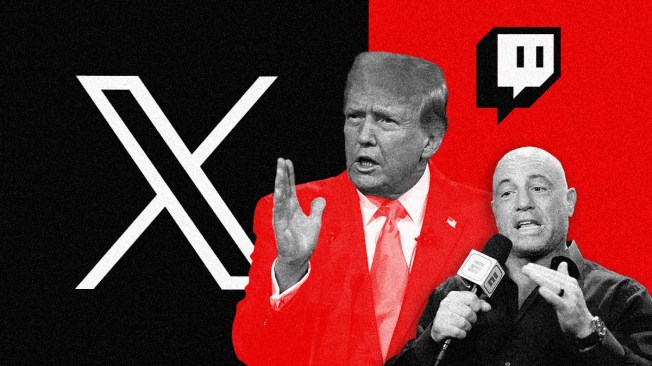Bluesky is booming as internet users seek out the comfort of a controlled social media environment. However, the opportunity for marketers remains limited, due to a lack of ad products and a relatively restrictive audience scale.
Brands who are actively posting organically on Bluesky are typical first movers, the likes of Duolingo, Hulu, and Netflix. Others like Red Bull and Xbox appear to have secured their handles; there is no business verification on Bluesky as yet so some users have secured brand handles to troll or impersonate brands, such as @cocacolagb, an expletive-filled account which claims to be the official brand feed, and @facebook, which is being used to “troll the libs.”
“For any brand considering launching on Bluesky, it’s important to think about [whether] the juice is worth the squeeze when the scale just isn’t quite there yet,” said Dana Neujahr, managing director of We Are Social. “I don’t think we’re bullish enough to say all of our clients should be publishing on Bluesky today.”
The social network’s audience growth has come mostly at the expense of X, Bluesky’s larger rival that has struggled to keep users under Elon Musk’s reign. Musk’s 2022 acquisition of the platform formerly known as Twitter—and his subsequent gutting of its staff and policies—prompted a handful of alternative networks to spring up.
These alternatives promised to act as a safer, more controlled environment than the mayhem that had been unleashed at X. But where Mastodon is too complicated for users and Meta’s Threads too corporate, Bluesky appears to be best primed to actually realize this mission.
The public benefit corporation’s model places transparency and autonomy at the core; Bluesky was born in 2019 from Twitter cofounder Jack Dorsey’s vision to build an “open and decentralized” social network. Rather than being controlled by a single company, Bluesky has been built on an open-source framework that enables users to control what they see in their feeds and select their own moderation filters.
It’s a strategy that appears to be working. Bluesky’s user base has more than doubled since October, per monitoring service Similarweb, with more than one million new users a day flocking to the service immediately after the U.S. presidential election. Musk’s close ties to the U.S. president-elect Donald Trump seemingly triggered an exodus that Bluesky has gained the most from, with more than 282,000 users deactivating their X accounts on November 6, according to Similarweb estimates.


